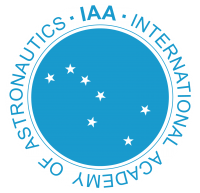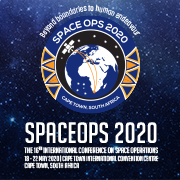›2nd IAA Conference on Space Situational Awareness (ICSSA)
Due to the generous sponsorship from the International Academy of Astronautics (IAA) and the American Institute of Aeronautics and Astronautics (AIAA), the Mechanical and Aerospace Engineering Department of the University of Florida (UF) invites you to attend the second International Academy of Astronautics (IAA) Conference on Space Situational Awareness (ICSSA). The ICSSA will be hosted at the Hilton Arlington, in Washington, D.C., USA, from January 14th to January 16th 2020.
The foremost purpose of Space Situational Awareness (SSA) is to provide decision-making processes with a quantifiable and timely body of evidence (predictive/imminent/forensic) of behavior(s) attributable to specific space domain threats and hazards. The conference will cover broad-ranging technical and policy related aspects associated with the topic of SSA. Over the past two decades, SSA has evolved into a high-impact, multidisciplinary field of research. The magnitude and complexity of its constituent lines of inquiry are growing at rapid pace, driven by the increasing number of objects of interest, including resident space objects: RSOs (a collective term for active spacecraft and space debris) as well as near Earth objects: NEOs (comets and asteroids in Earth’s vicinity). Combining its various “notions”, SSA today spans research in areas of RSO/NEO sensing, identification, forecasting, tracking, association, risk assessment, resource allocation, spacecraft control, information & communication, proximity operations, debris removal, space weather, drag-controlled re-entry, alternative (non-propulsive) deorbiting technologies, liability and insurance issues and a host of other related topics. Continued sustainable access and utilization of space relies on the awareness of its environment, both from the perspective of human operators on the ground and autonomous spacecraft during flight. Moreover, as the nature and number of participants utilizing the space environment grows, there is critical need for steadfast governance driven by a coherent space policy.
Track this event on your Apple calendar














 United States
United States